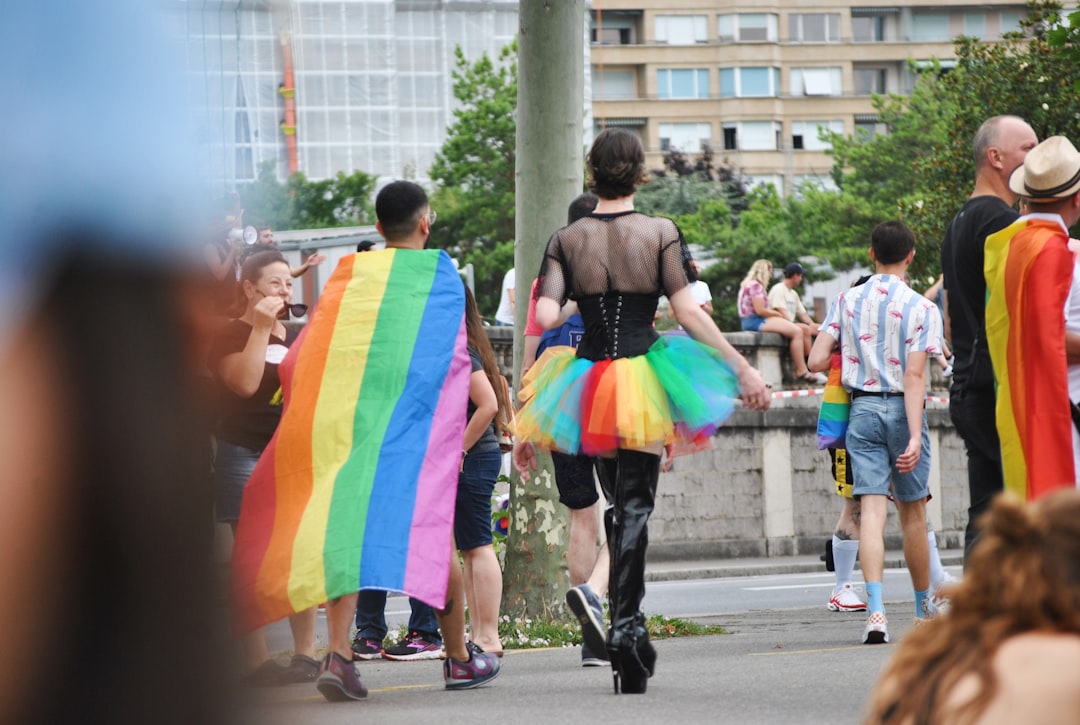Closing one eye to line the other my heterosexual,
sonnet no. xlvii
The kernel of truth this poem takes its cue from is that, no matter how a community chooses to teach gender identity and sexual orientation to children, those subjects will be taught, if not in the classroom, then on the playground. The cynic in me chooses to think, per my own experience, that this means a reiteration ( propagation ) of hateful language, likely coming from a child’s uncles, cousins or father — the inheritance of a toxic masculinity which this sonnet series is deeply interested in. Where a classroom would be, hopefully, a safe space in which a discourse can take place on this subject, I imagine the playground to be a space where power and pressure will rule.
Which is too bad: gender fluidity is cool and should be more widely embraced; in a free society the freak flags should fly highest, and of course we all know the Don’t Say Gay law is not about the rights for all but for making comfortable a small class of citizens who experience a minor moral catastrophe every time a man kisses a man. To their fragility I dedicate this poem.




Yes, yes, yes. Great poem and powerful message. It makes me happy to see that in some playgrounds, and the schools they are attached to, the hateful message is called out for what it is. As it should be.